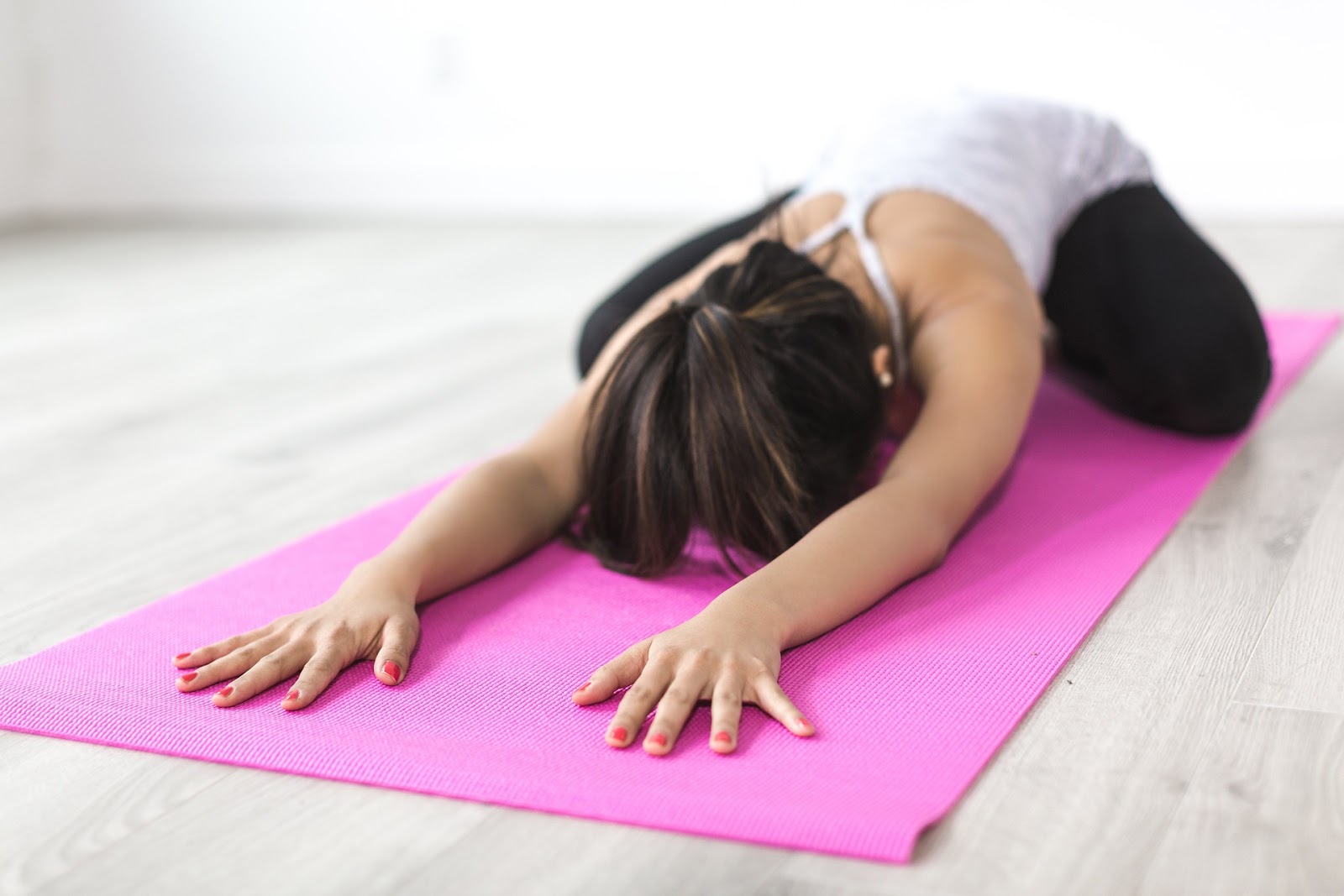In this article we’re going to examine:
- Causes of insomnia
- Symptoms of insomnia
- Relaxation techniques for alleviating insomnia
Why can’t I sleep?
It’s possible that you’re just experience an effect of being human. Most people go through one short period of sleeplessness per year, and this can usually be attributed to typical human things like stress for the future or regret for something in the past.
If you find yourself struggling to sleep and sleep well for an extended period of time, however, you might be suffering from chronic insomnia. Insomnia is, at the minimum, characterized by an inability to fall asleep for thirty minutes or a period of wakefulness for thirty minutes in the middle of sleep that persists at least three nights a week over the course of a month.
Because sleep is so necessary to restoring mental function and energy, insomnia is fairly infamous for having a negative effect on your mood and alertness while you’re awake. It’s also one of the classic symptoms of depression, so if you notice anything else feeling off, talk to your doctor about what you can do to get better sleep and improve your life.
Can’t I just take sleeping pills?
Sleeping pills are an option, but they’re usually best used as a short-term, quick-fix solution. In most cases, sleeping pills are an effective way to temporarily get a good night of sleep and be alert the next day, but they don’t really work as a long-term solution because they don’t actually get to the root of the problem–which is exactly what it is that keeps you up at night.
On top of this, sleeping pills are almost always composed of benzodiazepines, a type of sedative that has proven to be addictive for many people who use it. In most cases, you’ll be okay to use it for a couple of days at a time, but any more than that could create a dependency that’s difficult to kick. Instead, most sleep experts recommend using relaxation and mind-body exercises beginning thirty minutes before you plan to sleep.

Yoga is a great way to learn how to relax your muscles one-by-one until your body is loose enough to fall asleep.
Relaxation Techniques
For most of us, our bodies will eventually sort out their insomnia on their own. Your body can only miss out on so much sleep before it starts to take matters into its own hands. If you find that your insomnia is still persisting, though, or that it keeps returning several times throughout the year, it might be time to try something new. Many sleep experts say that practicing mindfulness is just what you need.
Muscle Relaxation
It might be that you’re finding yourself mentally exhausted, but too tense or in pain to actually sleep. Particularly for chronic pain, most experts recommend something called progressive muscle relaxation. It’s a way of convincing your body to relax muscle-by-muscle.
If you’re struggling to figure out how to actually employ progressive muscle relaxation, look to a simple yoga cool-down routine. They almost always walk you through progressive muscle relaxation towards the end of a yoga class, so you see if you can find an instructional video to watch at home before bed.
Meditation
Similar to those who suffer from chronic pain, if you are a chronic worrier who finds it difficult to fall asleep at night, there are still options out there to help you get better sleep. Experts suggest engaging in meditation through guided imagery. This is a way to make yourself focus on something other that whatever is worrying you.
Usually you can find this through an audio recording. Look for mindfulness podcasts or search for guided imagery specifically. Whoever is speaking will invite you to imagine a particular scene in your head. Focusing on that imagery helps you to relocate your thoughts to something outside of whatever is worrying you so that you can relax enough to fall asleep.
We all need sleep to help us live our lives as functionally as possible. If you’re struggling to fall asleep or stay asleep at night, you’re not alone, and there is hope for you still. Muscle relaxation and meditation are some great tried and tested solutions to helping you get a better night of sleep.
